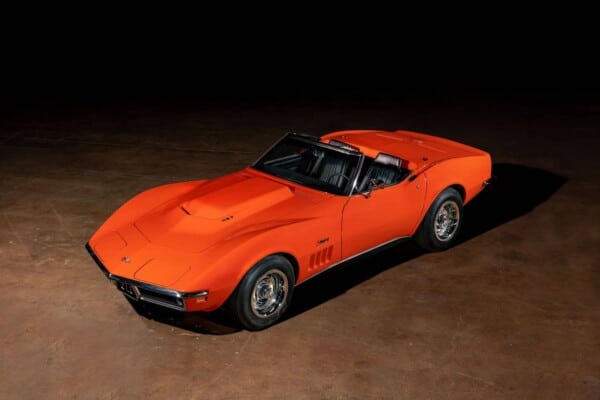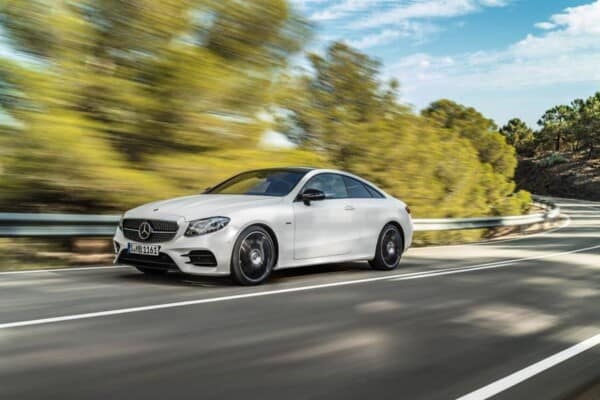Buying your first car is without a doubt an exciting experience. However, it is not an easy ordeal, as you have dozens upon dozens of options to choose from regardless of your budget range. But since a vehicle is not something you purchase every day, you are obviously looking for something that offers you a good value for your money and long-term reliability.
So how do you choose the best car to buy? How to decide on the type of car you need?
In the following paragraphs, you will get some helpful ideas in this regard, along with some suggestions on the best cars available for 2015.
Car Types
No single article can tell you about all the car models available on the market. We can, however, list down the different body styles so that you can look for the best car you can buy in your preferred style. Briefly, here are the major types of the cars that you can go for:
Sedan
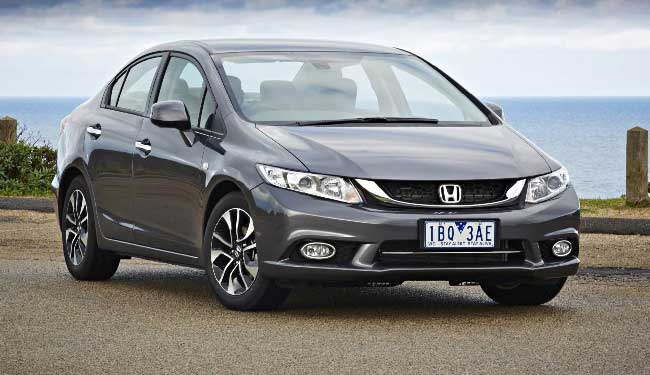
This is the most basic kind of car you will find. Sedan are 4-door vehicles that are beneficial if you have small kids or if you are plan on starting a family. Small children can travel comfortably in the back seat, and entry and exit is also easy for your little ones.
Coupe
Coupes and convertibles are for those who value style over practicality. There is restricted access for the back seat (assuming that your car has one).
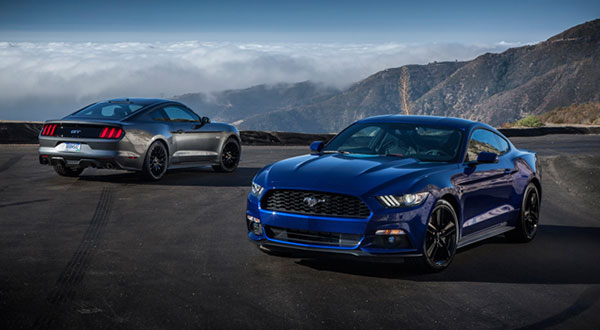
Station Wagon
The station wagon may be waning in popularity, but that doesn’t take away from the numerous benefits that this body style offers. A minivan offers space, but these cars usually lack a pleasurable driving experience. On average, station wagons offer more cargo and passenger space than crossovers without the trade-offs of an SUV. Plus, you get better fuel economy as well.
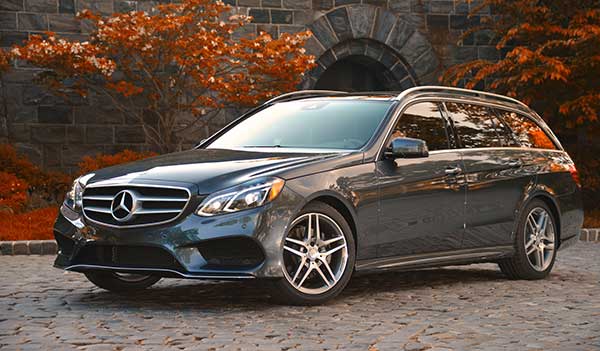
But that doesn’t mean that an SUV amounts to nothing.
SUV
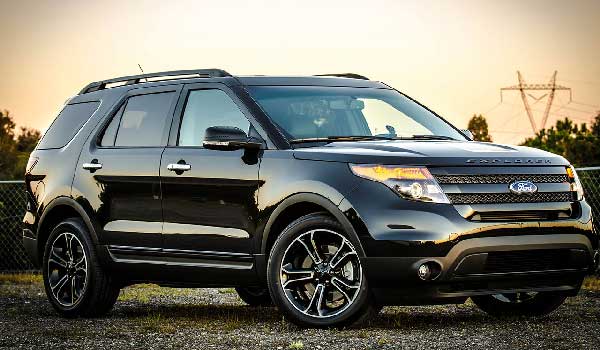
The main purpose of SUVs is driving off-road and in difficult terrains, braving elements of weather along the way. For this reason, SUVs come with power, force, and high clearance with a body-on-frame chassis. However, SUVs are no longer restricted to the domain of the adventurous and the off-roaders. More and more families are finding these vehicles highly convenient even in an urban setting. This is especially true if you have to maneuver your car in snow, or if you have to pull trailer boats and caravans. But SUV’s are now one of the most popular form of vehicles we see on the road.
Hatchback
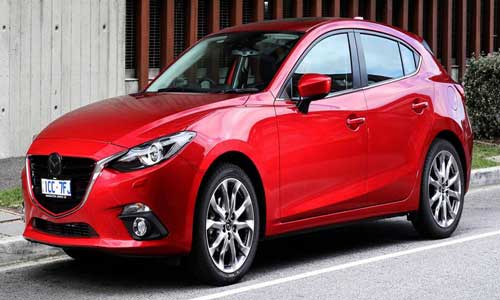
If you like think sedan suites your preference, then you can consider adding another door with a hatchback. Like a typical car, a hatchback has storage space at the back for cargo space. However, in a hatchback, you access this space through a gate hinged above the rear window at the top of the vehicle. Because of an extended roofline, the cargo space is sufficient to begin with, and you can further enhance the space with folding rear seats.
Note that while size is major distinction between all these vehicles, a small car should not be ruled out from the get go. Smaller cars are not just easier to drive and maintain (they also consume less fuel), but these cars are increasingly getting spacious from the inside. Just do a comparison between cars like the Honda Pilot and the Nissan Cube, and you will find that despite being shorter, the smaller car offers comparable (if not more) head and leg room.
Pickup Trucks
Pickup trucks are usually for those who load up a lot of luggage in their trunk very often, and a truck comes in handy in these kind of situations. It is also very useful for hauling another car behind, because it has the power required to pull a lot of weight. These do drink gas a lot, but it’s a useful kind of vehicle which has it’s benefits.
Click here, to read a more extensive post on the list of car types available
Budget
Along with setting a preference for the kind of car you want, you need to determine your budget before you start looking for specific models. Of course, budget also depends on how you plan to pay for the vehicle. You can choose to buy or lease it, and see the pros and cons.
Buying allows you to take immediate ownership, which means you can customize your car and sell it whenever you want. In addition, there are no mileage penalties if you drive frequently, and upfront payment ensures lesser expenses in the long run. Leasing, on the other hand, allows you get your car even when you don’t have enough finances for an upfront payment, but this will only increase your monthly expenditure.
Before moving on, note that when it comes to your budget, you should not just keep the purchase price in your mind. This is a mistake that many first-time buyers make. Instead, you should factor in the total costs of ownership. A car may be cheaper to buy, but expensive to own. Understand the difference. Here are the major costs you should keep in mind:
- Depreciation
- Insurance
- Maintenance
- Fuel costs
- Tax
Also keep all options open. You can choose between a new or a used car or go for a certified car which we believe is the best of both worlds since the cost goes significantly down during the first years, but you get an almost new vehicle with certifiable quality for a much lower price. Read this post to learn more about a certified used car
Use the Internet
Of course, you will never purchase a car without checking it in person (especially if you are buying a used model). However, before your visit to the dealership, you can get done with the greater part of our research at home. You can use the internet to:
- Read reviews of cars (both by experts and regular car owners)
- Calculate prices
- Find financing options
- Make comparisons
- Find insurance options
After doing your homework, all you need to do is call your dealership to confirm the availability of the car.
Think Twice
Think you have found the perfect car? Think again. The market for cars is highly dynamic, so much so that you may never know for sure everything that you are missing out on. So if you have a particular car in mind, you should at least try to look at similar vehicles in this class and make comparisons. Once again, the internet can help you out in this regard.
Some Suggestions
Before closing the article, here is a list of the best affordable cars to buy in each class we have discussed above:
- Sedan (Toyota Corolla, Honda Accord, Hyundai Elantra)
- Hatchback (Ford Focus, Nissan Versa Note)
- Crossover (Kia Sportage, Jeep Cherokee)
- Coupe (Nissan Z, Honda Accord Coupe, Ford Mustang)
- SUV (Nissan Rogue, Ford Explorer, Chevrolet Suburban)
- Minivan (Honda Odyssey, Mazda 5)
- Station Wagon (Volvo V60, Fiat 500 L)
- Trucks (Ford F-150, Chevrolet Silverado, Dodge Ram, Toyota Tacoma)
Hopefully these tips will help you choose a car suitable for you and your family. If you are looking for a new car, here is a list of top 10 car brands 2014 list to help you choose the right car brand.
If you are thinking but what kind of car is really suitable for me, read our post here to learn how cars define your personality.

